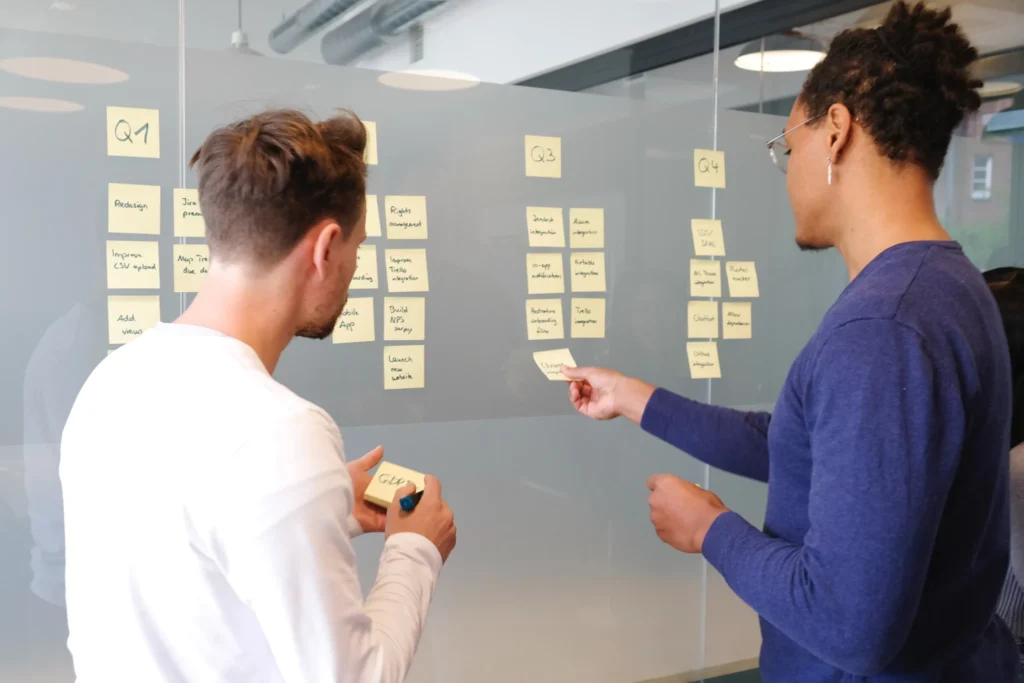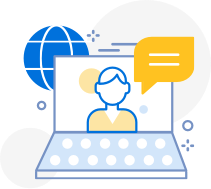The German Economic Institute emphasizes that 79% of companies expect that their employees will need new skills in the next five years due to changing activities.
According to a study by Kienbaum & Stepstone (2021), Germany needs a disruption of the labour market. Identifying and developing the right values and skills is a mandatory and strategic task for companies in order to maintain their competitiveness.
Here are four determining Future Learning trends:
Disruption: This rupture of linear developments in our knowledge, values, and today’s largely digital information processing processes or actions causes a break with previous beliefs and assessments. What is considered humanitarian today can already be massively questioned tomorrow. Disruptive innovations require completely new and practical actions in companies and organizations. That’s why
the emphasis on abilities such as creativity or self-organisation (competences and values as folders for our self-organised actions which provide drive and orientation) is increasing.
Agility: It fundamentally influences our learning and work processes. It requires an agile mindset, for instance new values and skills. These only influence our actions if they are internalized, interiorized, by each individual acting person. The prerequisite is a position determination with the help of a professional assessment of values and skills.
Our employees’ development in and with agile systems changes all our habits in a dynamic way. Learning goals, learning locations, learning content, learning spaces and environments such as learning forms are changing.
The requirements our employees who design their personalized learning processes in a self-organized manner, but also those planning education, process support and managers, are radically and quickly evolving.
Digital transformation: it requires not only digital competences in the sense of skills, but also competences in self-organisation and creative mastering of challenges in the context of digital transformation. The decisive factor is the employees’ competence to use the performance of innovative technologies in a self-organized and targeted manner in line with the corporate strategy.
Computer learning partner: Humanoid robots are no longer limited to collecting, aggregating and evaluating information from given points of view and deriving recommendations from it. They can make decisions and act in a self-organized manner, perhaps even develop their own folders of their actions, for instance their own values. The future has already begun.
It no longer requires human assistance to constantly draw new conclusions from the exponentially growing store of knowledge in the clouds. The computer learns, thinks and evaluates by itself.
In the future, employees will therefore no longer use their knowledge, qualifications, values and skills according to the specifications of a curriculum but will organize themselves in the work process with the help of their computer learning partner (computer co-coaching) and their human learning partners (co-coaching). and build within the framework of individual values and competence goals.
The most important changes to Future Learning can be seen in the goals of corporate learning, didactic, methodical development concepts, responsibility for the development of employees and finally in fundamentally changed roles of employees, managers, those who support learning values and competence management teams. Technological developments constantly create new challenges for employees and their learning processes. At the same time, they also enable the necessary self-organized development processes.
These developments are already reflecting in our formal and informal learning solutions. Future learning has already begun.









